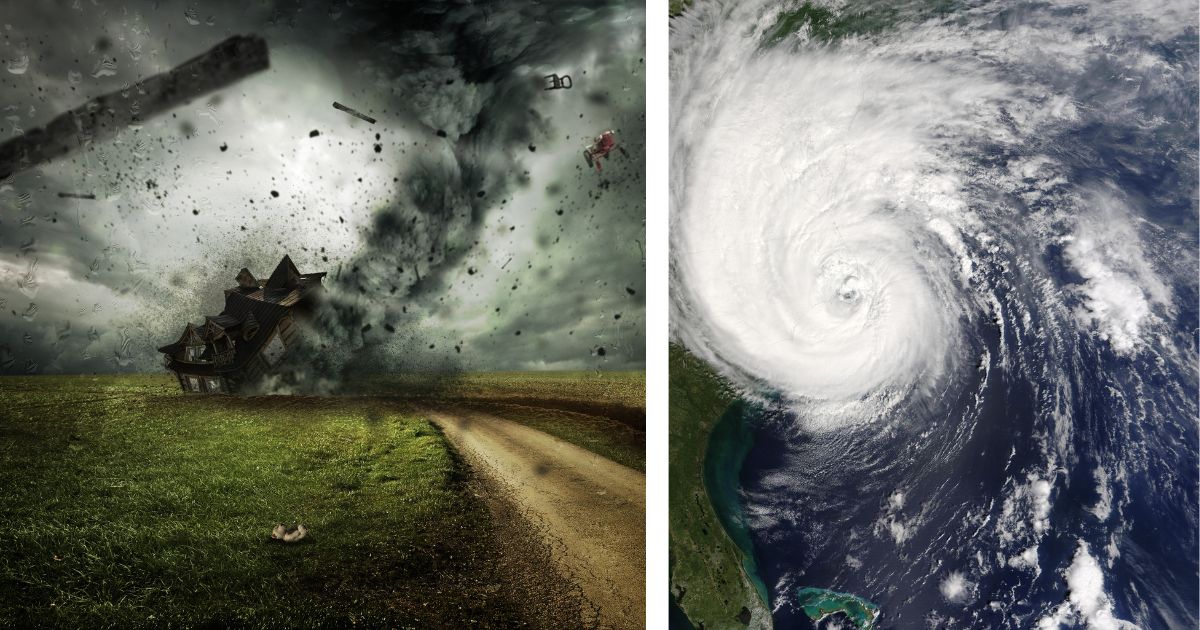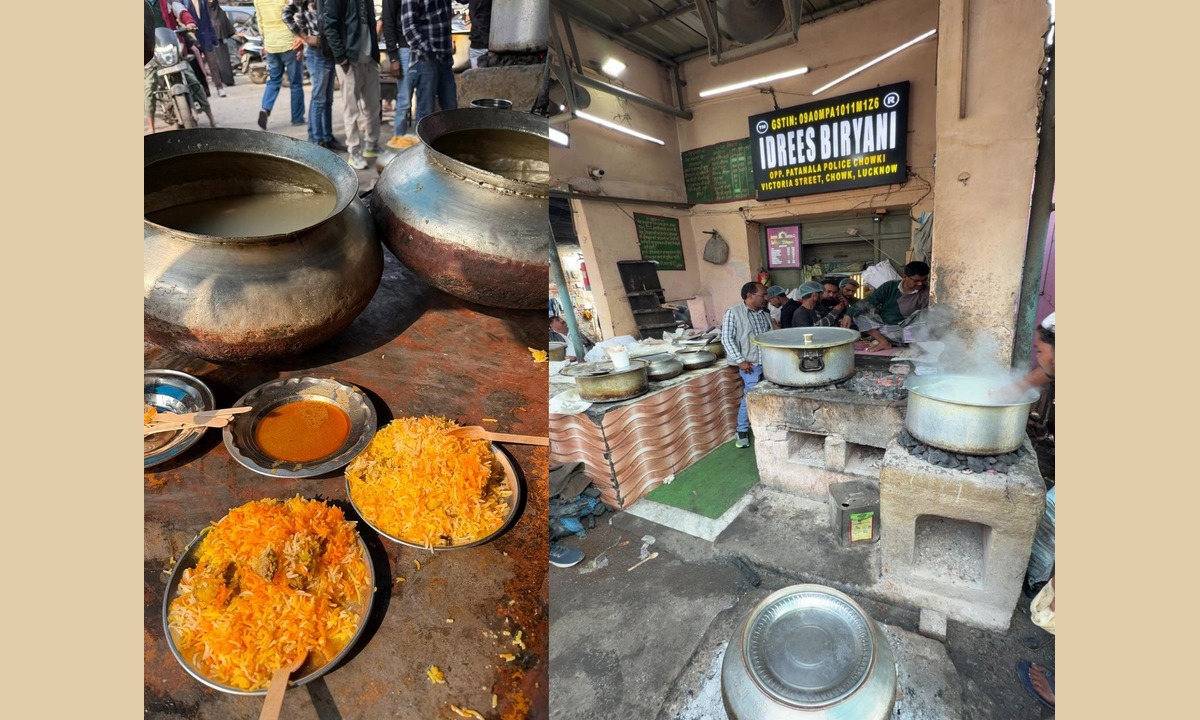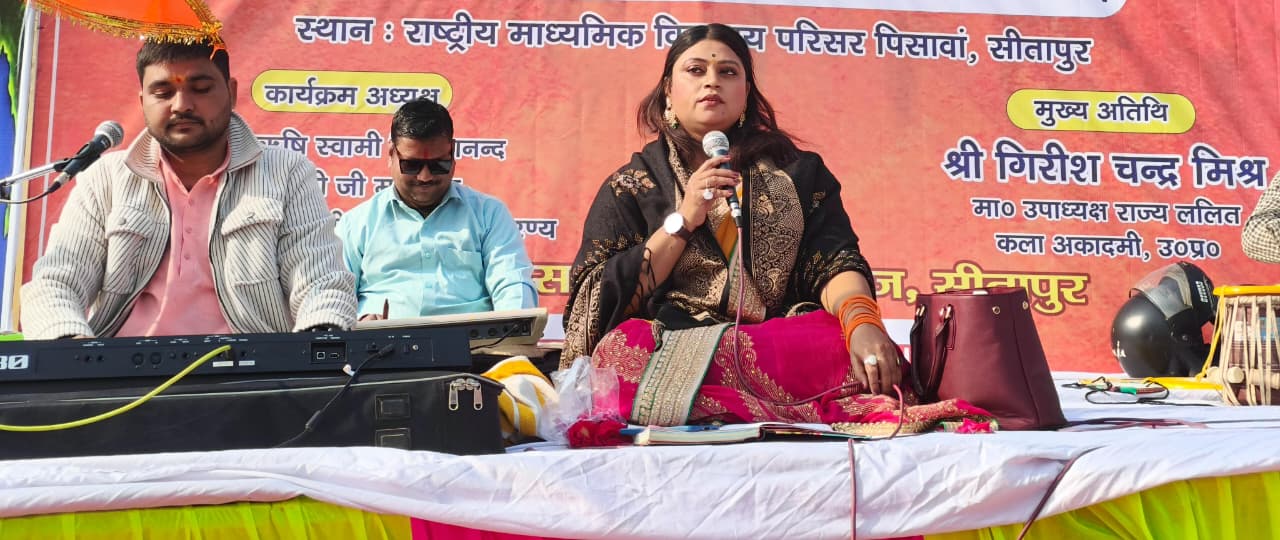
Cyclone Remal Hits East Coast: What, Why and How of Staying Safe
In the wake of the trail of destruction caused by Cyclone Remal, let us take a look at this powerful weather phenomena that can wreak havoc on communities and landscapes, posing significant risks to travellers and locals alike, and understand the basics of staying safe during such an event.
Cyclones, also known as hurricanes or typhoons depending on their location, are tropical storms characterised by strong winds and heavy rainfall. In India, cyclones typically form over the warm waters of the Bay of Bengal and the Arabian Sea.
Types:
There are primarily two types of cyclones:
1. Tropical Cyclones: These cyclones originate over warm tropical oceans and are categorized based on their wind speed. The Indian Meteorological Department (IMD) classifies tropical cyclones into five categories, ranging from "Depression" to "Super Cyclonic Storm," based on maximum sustained wind speeds.
2. Cyclonic Storms: These are smaller-scale cyclones that can form over land or water. While they may not reach the intensity of tropical cyclones, they can still cause significant damage, especially in coastal areas.
How Cyclones are Named:
In India, cyclones are named by the Indian Meteorological Department (IMD) following a predetermined list of names. The names are chosen from a pool of suggestions submitted by member countries of the World Meteorological Organisation (WMO). The naming of cyclones not only helps in easy identification and communication but also raises awareness among the public about the potential risks posed by these storms. Moreover, assigning names to cyclones facilitates effective communication between meteorologists, government agencies, and the general public, enhancing preparedness and response efforts in cyclone-prone regions.
Impact:
The destruction caused by cyclones can disrupt travel plans, damage infrastructure, and pose risks to safety. Some of the key impacts of cyclones on tourism include:
1. Travel Disruption: Cyclones often lead to the cancellation or postponement of flights, train services, and other modes of transportation. Tourists may find themselves stranded or unable to reach their intended destinations.
2. Damage to Infrastructure: Coastal resorts, beaches, and tourist attractions are vulnerable to damage from cyclones, including flooding, erosion, and structural damage. This can result in closures and loss of revenue for businesses that rely on tourism.
3. Safety Concerns: High winds, heavy rainfall, and storm surges associated with cyclones pose significant safety risks to tourists. Flooding, landslides, and fallen debris can make travel hazardous and limit access to essential services.
4. Economic Impact: The economic repercussions of cyclones extend beyond the immediate aftermath, affecting local economies dependent on tourism. Loss of income, job layoffs, and decreased investment can have long-term consequences for communities reliant on tourism revenue.
Safeguards for Travellers:
While cyclones can be unpredictable and powerful, travelers can take certain precautions to stay safe and minimize disruption to their plans:
1. Stay Informed: Before traveling to cyclone-prone regions, monitor weather forecasts and advisories from reliable sources such as the IMD or local meteorological agencies. Be prepared to adjust your travel plans based on the latest updates.
2. Plan Ahead: When planning your trip, consider the cyclone season and choose destinations less likely to be affected by storms. Keep a flexible itinerary and have backup options in case of travel disruptions.
3. Pack Essentials: Pack essential items such as a flashlight, batteries, non-perishable food, water, and a first aid kit in case of emergencies. Keep important documents, including travel insurance, in a waterproof container.
4. Follow Local Authorities' Instructions: During a cyclone, follow evacuation orders issued by local authorities and seek shelter in designated evacuation centers or sturdy buildings. Avoid coastal areas, rivers, and low-lying areas prone to flooding.
5. Stay Connected: Maintain communication with family members, friends, and travel companions to ensure everyone's safety. Keep mobile phones charged and carry portable chargers or spare batteries.
6. Stay Indoors: Once a cyclone warning is issued, avoid outdoor activities and stay indoors until the storm passes. Secure windows and doors, and move to a safe area away from windows and glass doors.
7. Stay Calm and Be Patient: In the event of travel disruptions or delays, remain calm and patient. Follow instructions from airline or transportation personnel and prioritize safety over convenience.
Cyclones are a natural phenomenon that can have significant implications for travellers in disaster-prone regions. While these can be disruptive, with proper planning and precautionary measures, tourists can stay safe and enjoy their experiences in such destinations.
Popular Categories
Read More Articles
Travel and Tourism
Lucknow or Zaike: A City Remembered Through Taste by Mohammed Syed Zaid February 11, 2026Business
What's Up With WhatsApp? by Prateek Shukla February 9, 2026Entertainment
Reviving the Sounds of Awadh: Folk Singer Sarita Tiwari to Provide Free Training to Rural Women and Girls by Awadh 360° Desk February 7, 2026India
रिसर्च एंड डेवलपमेंट योजना’ के तहत सेंटर ऑफ एक्सीलेंस गठन हेतु विशेषज्ञ समितियां गठित by Awadh 360° Desk February 6, 2026



